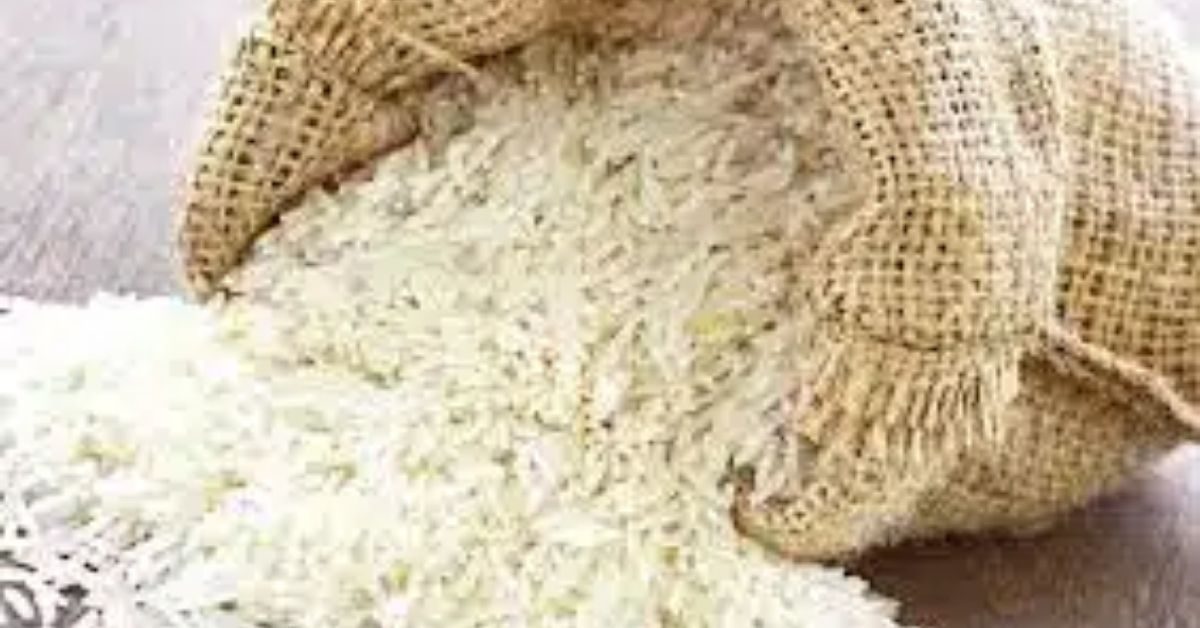India, the world’s biggest rice shipper, is considering banning exports of most varieties, a move that may send already lofty global prices higher as the disruptive El Niño weather pattern returns.
The government is discussing a plan to ban exports of all non-Basmati rice, according to people familiar with the matter. That’s because of rising domestic prices and authorities want to avoid the risk of more inflation, said the people, who asked not to be identified as the information is not public.
If implemented, a ban would affect about 80% of India’s rice exports. Such a move may lower domestic prices, but it risks sending global costs even higher. Rice is a staple for about half of the world’s population, with Asia consuming about 90% of global supply. Benchmark prices have already soared to a two-year high on fears that the return of El Niño will damage crops.
India accounts for about 40% of the global rice trade and has sought to tighten exports of some varieties. Last year, the South Asian nation banned broken rice exports and imposed a 20% duty on shipments of white and brown rice after Russia’s invasion of Ukraine sent prices of food staples like wheat and corn soaring. The country has also restricted wheat and sugar exports.
Representatives for the food, trade and finance ministries didn’t respond to emails or text messages seeking comment. India supplies rice to more than 100 countries, with Benin, China, Senegal, Cote d’Ivoire and Togo among its biggest customers.
Shares of Indian rice millers fell on news of the potential ban. KRBL Ltd., the country’s biggest rice company, slumped as much as 3.7% before paring losses. Chaman Lal Setia Exports Ltd. declined as much as 1.4%, Kohinoor Foods Ltd. dropped 2.9% while LT Foods Ltd. tumbled 4.4%.
Importers such as Indonesia, China and the Philippines have been aggressively stockpiling rice this year. El Niño conditions have developed in the tropical Pacific for the first time in seven years, according to the World Meteorological Organization, threatening to bring drought to many rice-growing regions. A potential ban by India will add to worries over supply.
India’s plan comes after its consumer price inflation quickened in June mainly due to higher food prices. Bloomberg Economics expects inflation to rebound further after the latest surge in tomato prices, a key ingredient in Indian cuisine, and an increase in the government’s support price for monsoon-sown crops. Barclays Bank Plc and Yes Bank have raised their inflation forecasts.
Retail rice prices in Delhi have climbed about 15% this year while the average nationwide price has gained 8%, according to data from the food ministry. Persistent high food costs could hurt popular sentiment ahead of several state polls later this year and national election in 2024.







